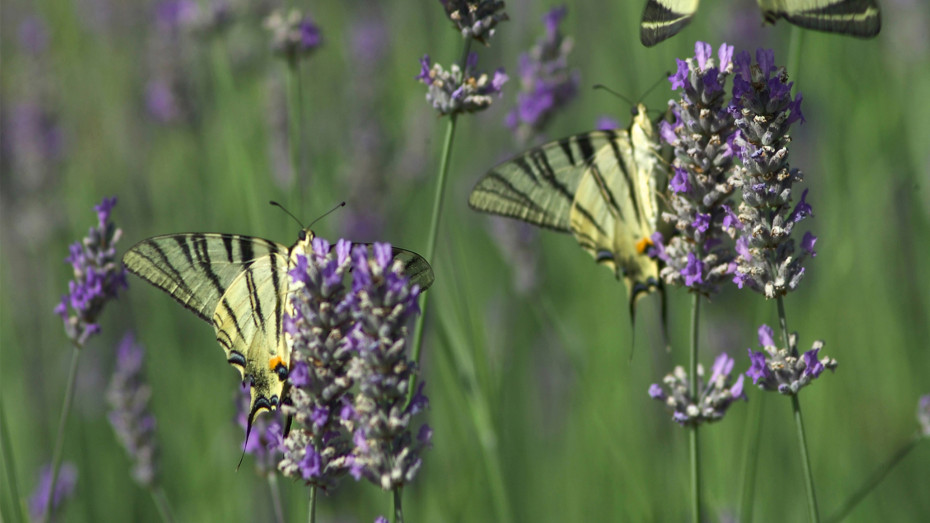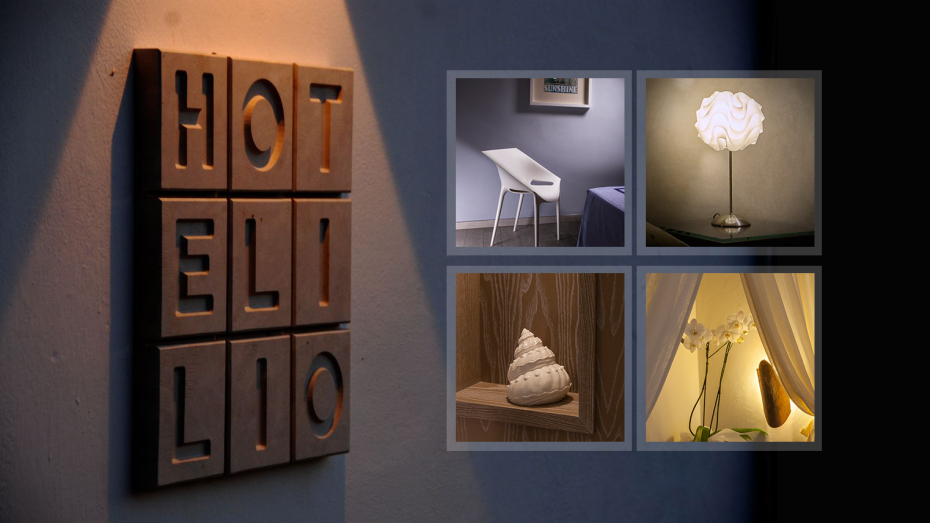“Biodiversity” is an increasingly frequently-used term among environmentalists and naturalists and indicates the vastness and heterogeneity of animal and plant species. And we now have a new way to enjoy our holidays, bio watching. You can bio watch by walking through woods, fields in flower, by lakes, rivers and streams, along the coast, on the cliff-tops, observing everything around us; from migrating birds to the rare species of ferns in the woods, from the granite concretions sculpted by the wind, to miniscule insects living in the soil, from small mammals to wild orchids.
You can start with bird watching, because birds are the easiest to see. Using the naked eye you can locate and then identify the species and observe their behaviour. But shortly you can be watching all forms of life and their natural habitats. Be warned, this is not just a hobby! It is a real journey into the mystery of nature. And the Island of Elba and the National Park of the Tuscan Archipelago are certainly privileged places for bio watching.
Around Capo Sant’Andrea
There are many splendid trails and itineraries leaving directly from Boutique Hotel Ilio and leading up the surrounding mountains. The invitation from Boutique Hotel Ilio at Capo Sant’Andrea is for April and May, when nature is present it all its spectacular wealth. This is the best period for lovers of botany and the gifts of the scents and colours of the many wild flowers and plants to be found in this Mediterranean paradise, such as flowering cistus, erica arborea and broom, are an intense emotion. But the flora is rich and generous all year round; chestnuts, holm-oaks and other high trees, the Mediterranean maquis, (conifers, orchids, anemones, red lilies, etc) and the stunningly varied fauna, moufflon, wild boar, martens, hares, dormice, porcupines, red partridges, imperial crows, Corsican gulls, buzzards, cormorants and the splendid landscapes of Elba are all just waiting to be discovered. We shouldn’t forget that Elba is a staging post for migratory birds flying over the northern Tyrrhenian Sea.
What equipment do you need?
A map of the area, comfortable shoes, suitable clothing in layers and a rucksack for provisions and water. Anything else? A pair of binoculars is a must. To begin with, the 8 x 30 models are fine (the first number indicates the enlargement and the second indicates the luminosity). Field guides are essential for checking up on what you see, especially if you are not in the company of an expert. A note book for jotting down your observations will allow you to study the species in more detail when you get home. With a little beginner’s luck, you might even discover something of scientific importance; it wouldn’t be the first time!
Accompanied by an expert or by yourself?
In the beginning, it is important to have the support of an expert who can teach you how to hold binoculars, how to recognise animal tracks, how to consult a field guide to identify flowers and other plants and how to orientate yourself in the infinite insect world etc. The expert guides working in the National Park of the Tuscan Archipelago organise excursions into the mountains surrounding the bay of Capo Sant’Andrea and in the area of the Park. For the more experienced who prefer to explore alone, boutique Hotel Ilio can offer a wealth of information and itineraries to follow.




